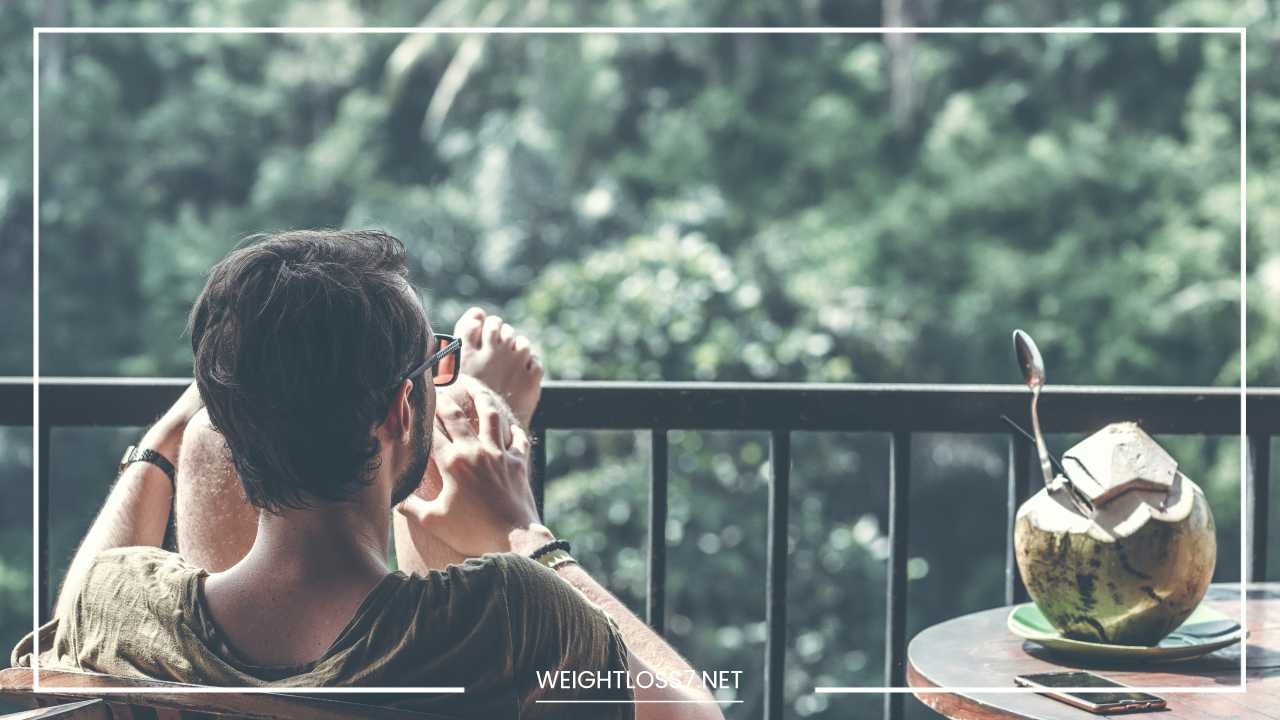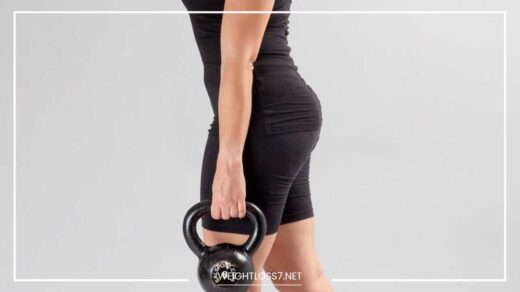The Best Ways to Relax in a Stressed Out Life

Stress Management
The Best Ways to Relax in a Stressed-Out Life: A Comprehensive Guide to Inner Peace
Life in the fast lane can feel relentless. Between work deadlines, family obligations, the constant barrage of social media notifications, and the ever-present undercurrent of global anxieties, it’s easy to feel perpetually on edge.
Stress, while a natural human response to challenges, can become overwhelming if left unchecked.
Chronic stress can wreak havoc on our physical and mental health, leading to a cascade of negative consequences like anxiety, sleep problems, weakened immunity, and even heart disease.
Fortunately, there’s a light at the end of the tunnel. By incorporating effective relaxation techniques into your daily routine, you can cultivate a sense of calm and inner peace, even amidst life’s many stressors.
This comprehensive guide explores a range of powerful strategies, from mindfulness practices and physical activities to creating healthy habits that foster a stress-resistant lifestyle.
Mind-Body Techniques for Deep Relaxation
-
Harness the Power of Breath: Yogis have known for centuries the profound impact of breathwork on the mind and body. Deep breathing exercises activate the parasympathetic nervous system, the body’s rest-and-digest response, counteracting the fight-or-flight response triggered by stress. Try the following simple yet effective technique: find a quiet place, sit comfortably with your back straight, and close your eyes gently. Inhale slowly through your nose for a count of four, feeling your belly rise. Hold the breath for a count of four, and then exhale slowly through pursed lips for a count of eight, feeling your belly sink. Repeat this process for several minutes, focusing on your breath and allowing distracting thoughts to drift away.
-
Meditation: Cultivating Inner Peace: Meditation is an ancient practice that cultivates a state of focused awareness. There are many different meditation techniques, but most involve focusing your attention on your breath, a mantra (a repeated word or sound), or a visualization. Mindfulness meditation, for instance, encourages you to observe your thoughts and feelings without judgment.
Here’s a beginner-friendly mindfulness meditation practice: find a quiet place where you won’t be interrupted, sit comfortably, and close your eyes (or soften your gaze if that feels more comfortable).
Notice the physical sensations in your body, the rise and fall of your chest with each breath, the sounds around you.
If your mind wanders, gently guide your attention back to your breath without judgment. Start with just a few minutes of meditation each day and gradually increase the duration as you become more comfortable.
-
Progressive Muscle Relaxation: Releasing Tension This technique involves tensing and relaxing different muscle groups throughout the body to release physical tension and promote relaxation. Start by tensing your toes for a few seconds, clenching them tightly. Hold the tension, and then release completely, focusing on the feeling of relaxation that washes over your feet. Repeat this process for all the major muscle groups in your body, working your way up from your toes to your head.
-
The Power of Visualization: Creating Your Inner Sanctuary: Guided imagery, a form of meditation that involves creating mental images of relaxing places or experiences, can be a powerful tool for reducing stress. Find a quiet place, close your eyes, and imagine yourself in a peaceful setting that evokes feelings of tranquility. This could be a real place you’ve visited, or a completely imagined one. Engage all your senses – feel the warm sand beneath your feet on a secluded beach, listen to the crashing waves, or smell the pine needles in a quiet forest. Let the sights, sounds, and smells of your imaginary haven wash over you, promoting a sense of deep relaxation.
Physical Activities for Stress Relief and Wellbeing
-
Move Your Body, Boost Your Mood: Exercise is a fantastic stress reliever, and the good news is that you don’t need to become a gym rat to reap the benefits. Physical activity releases endorphins, hormones that have mood-boosting and pain-relieving properties. Find activities you genuinely enjoy, whether it’s a brisk walk in nature, a dance class that gets you moving and grooving, or a yoga session that combines physical postures with breathwork and meditation. Even short bursts of activity, like taking the stairs or doing some jumping jacks during a commercial break, can help to reduce stress levels.
-
Yoga: A Mind-Body Practice for Inner Harmony: Yoga combines physical postures (asanas), breathing exercises (pranayama), and meditation to promote physical and mental well-being. It’s a great way to improve flexibility, strength, and balance, while also promoting relaxation and stress reduction. There are many different styles of yoga, from the dynamic Vinyasa flow to the more restorative Yin yoga. Explore different classes to find a style that suits your fitness level and interests.
-
Spend Time in Nature: A Dose of Green Therapy: Immersing yourself in nature is a well-documented stress reliever. Studies have shown that spending time outdoors can lower blood pressure, heart rate, and stress hormone levels. Take a walk in the park, go for a hike in the woods, or simply sit outside on your balcony or porch and listen to the birds. Even a short nature break can be enough to promote feelings of calm and well-being.
-
Spend Time with a Pet: Unconditional Love and Stress Reduction: Pets can provide companionship, unconditional love, and a sense of calm. Studies have shown that interacting with pets can lower blood pressure, reduce stress hormones, and improve mood. Whether you have a dog, cat, bird, horse, or any other furry (or feathery) friend, spending time with your pet can be a great way to relax and de-stress.
Creating a Stress-Resistant Lifestyle
-
Prioritize Sleep for Optimal Functioning: Getting enough sleep is essential for both physical and mental health. When you’re well-rested, you’re better able to cope with stress. Aim for seven to eight hours of sleep each night. Develop a relaxing bedtime routine to wind down before sleep, such as taking a warm bath, reading a book, practicing deep breathing or meditation techniques, or listening to calming music. Avoid watching television or using electronic devices in bed, as the blue light emitted from screens can interfere with sleep.
-
Healthy Eating Habits for a Balanced Mind and Body: What you eat can significantly impact your stress levels. A diet rich in fruits, vegetables, whole grains, and lean protein provides your body with the essential nutrients it needs to function optimally and cope with stress. Limit processed foods, sugary drinks, and excessive caffeine, which can worsen anxiety and make it harder to relax. Consider incorporating adaptogenic herbs like ashwagandha, rhodiola, and schisandra into your diet, as these herbs have been shown to support the body’s stress response.
-
Learn to Say No and Set Boundaries: It’s perfectly okay to say no to requests that will add unnecessary stress to your life. It’s important to set boundaries and prioritize your own well-being. Saying no can be empowering, allowing you to focus your time and energy on the things that are truly important to you. Remember, you can’t pour from an empty cup. By taking care of yourself, you’ll be better equipped to handle life’s challenges and be present for the people who matter most.
-
Connect with Loved Ones: The Power of Social Connection: Social connection is essential for human well-being. Strong social connections provide us with a sense of belonging, support, and love. Make time to nurture your relationships with loved ones, whether it’s through spending quality time with family and friends, joining a club or group activity, or volunteering in your community. Surrounding yourself with positive and supportive people can significantly buffer the effects of stress.
Creative Outlets for Relaxation and Self-Expression
-
Discover Your Artistic Side: Engaging in creative activities can be a wonderful way to relax, de-stress, and express yourself. Whether you enjoy painting, drawing, writing, playing music, dancing, or any other form of creative expression, allow yourself to explore your artistic side. There’s no pressure to create a masterpiece – the focus is on the process of creating and enjoying the present moment.
-
Laughter is the Best Medicine: Laughter is a powerful stress reliever. Watch a funny movie, listen to a stand-up comedy routine, or spend time with people who make you laugh. Laughter triggers the release of endorphins, which have mood-boosting and pain-relieving properties. It can also help to take your mind off your worries and promote a sense of lightheartedness.
-
Learn Something New: Learning a new skill can be a stimulating and rewarding experience. It can also be a great way to take your mind off your worries and focus on the present moment. Whether you’ve always wanted to learn a new language, play a musical instrument, or take up a new hobby like photography or pottery, there are endless possibilities to explore. The process of learning can be inherently relaxing and provide a sense of accomplishment.
Additional Tips for Relaxation and Stress Management
- Limit Screen Time: The constant barrage of information and stimulation from electronic devices can be a major source of stress. Set boundaries around your screen time and disconnect from technology for designated periods throughout the day.
- Practice Gratitude: Taking time to appreciate the good things in your life can significantly improve your mood and outlook. Start a gratitude journal and write down a few things you’re grateful for each day, or simply take a few moments each morning to reflect on the positive aspects of your life.
- Digital Detox: Schedule regular digital detoxes to disconnect from technology completely. This could be for a few hours each day, a weekend getaway, or even a week-long vacation. Immersing yourself in nature and disconnecting from the constant buzz of the digital world can be incredibly rejuvenating.
- Spend Time with Loved Ones in Nature: Combine the benefits of social connection and spending time in nature by planning outdoor activities with loved ones. Go for a hike together, have a picnic in the park, or simply relax in your backyard and enjoy each other’s company.
- Create a Relaxing Sanctuary in Your Home: Designate a space in your home as your own personal relaxation haven. This could be a spare bedroom, a reading nook, or even just a comfortable corner. Decorate it with calming colors, soft lighting, and items that bring you peace and joy. Use this space for activities like meditation, reading, listening to calming music, or simply taking some quiet time to unwind.
- Practice Mindfulness Throughout the Day: Mindfulness is the practice of paying attention to the present moment without judgment. You can integrate mindfulness practices into your daily routine in small ways. For example, while you’re eating, focus on the taste, texture, and smell of your food. When you’re walking, pay attention to the sensations in your body and the sights and sounds around you. By bringing your awareness to the present moment, you can lessen the grip of worry and anxiety.
Remember, Relaxation is a Skill – Keep Practicing!
Learning to relax and manage stress effectively is a skill that takes time and practice. Be patient with yourself and experiment with different techniques to find what works best for you.
The key is to find healthy ways to unwind and de-stress that fit seamlessly into your lifestyle. By incorporating these relaxation techniques into your daily routine, you can cultivate a sense of inner peace and resilience, even amidst the inevitable challenges of life.

















